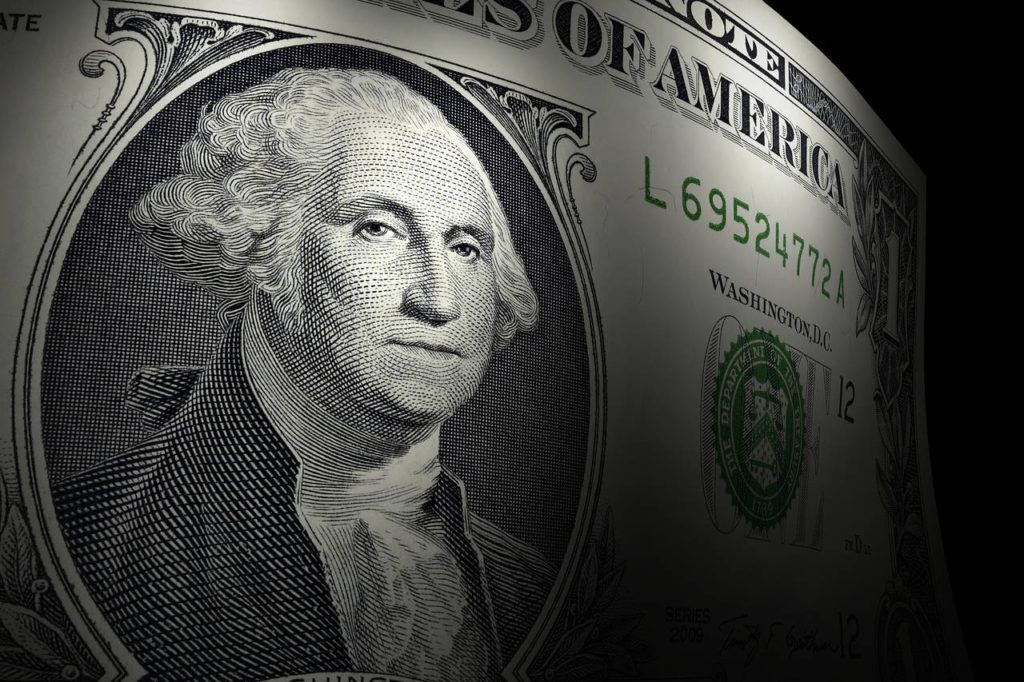
Stocks have been going nowhere, and may not until after the November mid-term elections. But preferred stock shares are yielding nearly 6% on average, my Barron’s colleague Eric Uhlfelder reports.
Private-equity firm KKR’s preferreds (ticker: KKR Pfd A) are currently yielding up to 6.5%. Overall, investment-grade preferreds currently yield an average of 5.8%, compared with 4% for investment-grade corporate bonds, 4% for munis and around 3% for 10-year Treasuries. Another attractive feature: Preferreds have a low correlation with common stocks.
Preferred shares provide ownership in a company, but they have priority over stock if the company is liquidated. They pay a dividend and sit below most kinds of debt in terms of repayment priority.
Meanwhile, stocks and bonds “appear deadlocked … reflecting the conflicting impulses of a strong economy against rising interest rates and creeping fears about inflation,” The Wall Street Journal writes.
Another factor may be the November elections, which are preceded by “an above-average amount of uncertainty, given the particularly large number of Republicans who have already announced that they won’t run for re-election,” the Journal reports. In other words, Republican control of Washington may suffer a setback.
The Dow industrials ended Friday down 1.8% for 2018, and the yield on the 10-year, at 2.946%, was down from April 25’s high of 3.026%.
What’s the knock on preferreds? They’re generally callable after five or 10 years. Or they can be “perpetual,” with no set maturity or buyout date. They “appeal to a limited audience that isn’t bothered by the lack of a firm maturity date or the possibility of an early call that redeems the securities at an inopportune time for the shareholder,” Uhlfelder writes.
























